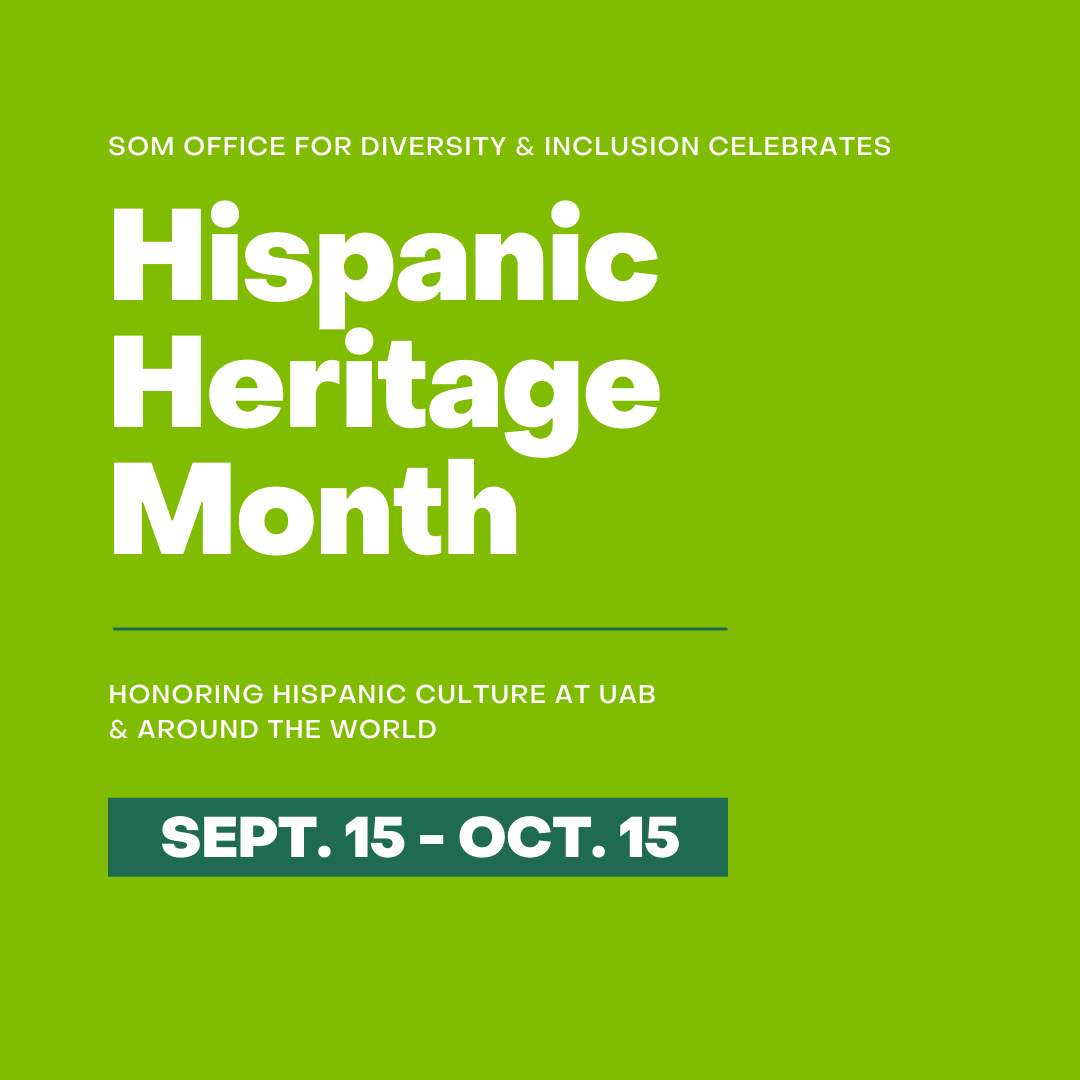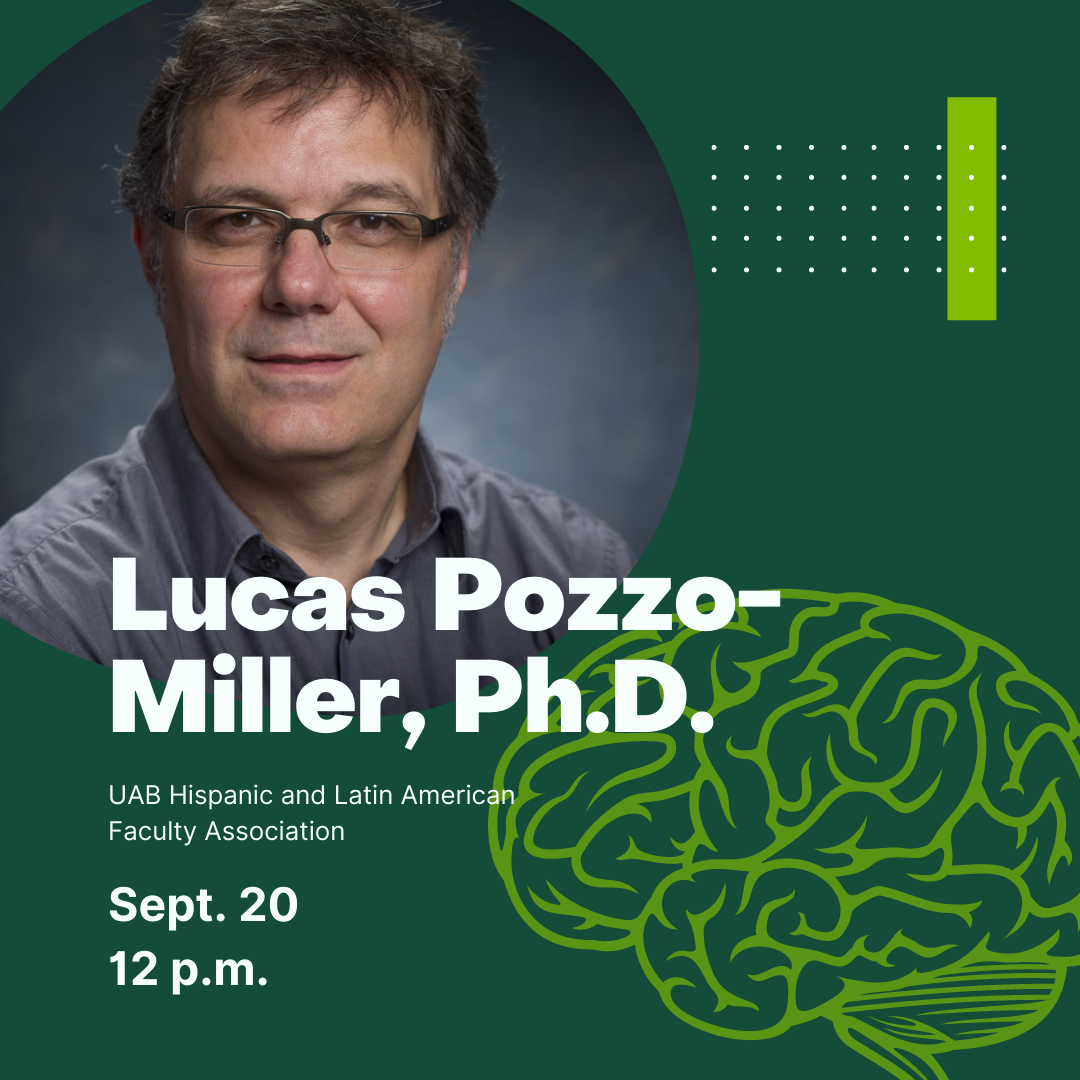 Since 1968, the United States has observed Hispanic Heritage Month—honoring roughly 60.6 million people in the country. Celebrated annually from September 15 to October 15, Hispanic Heritage Month recognizes the cultures, histories, and influences of those of Spanish, Mexican, Caribbean, and South American decent.
Since 1968, the United States has observed Hispanic Heritage Month—honoring roughly 60.6 million people in the country. Celebrated annually from September 15 to October 15, Hispanic Heritage Month recognizes the cultures, histories, and influences of those of Spanish, Mexican, Caribbean, and South American decent.
While most heritage months run a typical calendar month—the 1st to 30th or 31st—Hispanic Heritage Month dates were thoughtfully selected based on the time period when five Latin American countries (El Salvador, Guatemala, Costa Rica, Honduras, and Nicaragua) became independent of Spain and the United Kingdom. This year will mark 202 years!
Last year, many celebration events were canceled due to the pandemic. And, while we’re still not out of the woods, organizations have adapted to incorporate updated social distancing and masking guidelines. This year, people wanting to learn more about Hispanic culture or who would like to celebrate this time can attend Fiesta—Alabama’s largest Hispanic culture and heritage festival—right here in Birmingham.
In relation to the UAB School of Medicine, the Office for Diversity and Inclusion would like to acknowledge all of our Hispanic faculty and staff for their contributions both to the medical professional field and the culture of our school.
To help our office foster, promote, and advocate for the Hispanic and Latin American community at UAB is our faculty association. The Hispanic and Latin American Faculty Association consists of about 68 members and focuses on:
- encouraging communication, networking, mentoring, and professional development, as well as serving as a voice for cultural and educational concerns among our faculty.
- serving to improve the recruitment and retention of Hispanic and Latin American faculty, trainees, and medical students and promote engagement within the School of Medicine.
- advocating for the Hispanic and Latin American community to enhance multicultural awareness, diversity, and inclusion in healthcare.
Attend the Meetings
 Through monthly meetings, the Hispanic and Latin American Faculty Association has set out to bring a variety of topics and learning opportunities to its members. Now, the association would like to open its (virtual) doors and extend that opportunity school-wide.
Through monthly meetings, the Hispanic and Latin American Faculty Association has set out to bring a variety of topics and learning opportunities to its members. Now, the association would like to open its (virtual) doors and extend that opportunity school-wide.
While topics may be Hispanic and Latin American-centric, they are inclusive conversations that involve people of all ethnicities.
Starting this series is Lucas Pozzo-Miller, Ph. D, professor in the Departments of Neurobiology, Neurology, Cell, Developmental and Integrative Biology, and Psychology. On Monday, September 20, 2021, Dr. Pozzo-Miller will speak about his experience as a Hispanic/Latin American researcher. When asked how he would describe his work to someone unfamiliar, he said.
“You’re walking down the street and see a person in front of you: do you go in for an enthusiastic hug or an introductory handshake? To make this decision, you need to remember first if you’ve met them before, and second, what that experience was. Neuroscientists have been collectively working to determine where in the brain social memories are stored and how these memories are integrated to help you decide appropriate social interactions. There is evidence in many animal species that the hippocampus actively tracks important social information and may influence behavior by sending this information to other brain regions. One possible downstream region is the medial prefrontal cortex—which is responsible for working memory. The medial prefrontal cortex is a particularly attractive candidate to receive this socially relevant information from the hippocampus because its dysfunction causes social deficits seen in mouse models of autism spectrum disorders.”
See his findings and learn about his journey at the upcoming Hispanic and Latin American Faculty Association meeting.